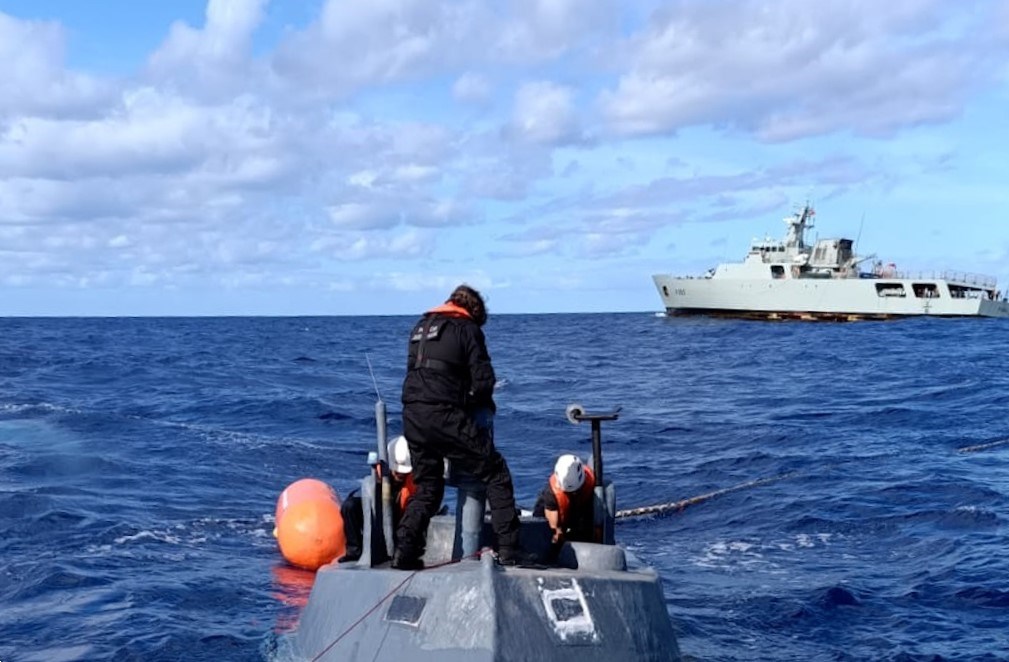Urgent Situation in Setúbal Peninsula
Health Minister Ana Paula Martins stated on Monday, September 15, that a pool of more than 20 doctors responsible for gynecology and obstetrics emergencies in the Setúbal peninsula did not show availability to ensure at least one open emergency service over the weekend. This follows a recent incident where the emergency department at Hospital Garcia de Orta in Almada was closed, forcing all urgent cases to be transferred to hospitals in Lisbon.
Martins clarified that the Ministry of Health is not attributing blame to the doctors, as they are not bound by contracts with the National Health Service (SNS) and work on a task basis. She criticized the SNS's reliance on such service providers and announced plans for new legislation, including a decree-law and an ordinance, to clarify hourly contracting. This regime, she noted, has been incentivized by successive governments over the years.
Expansion of Referral Model
Additionally, Martins revealed that the pre-referral model for obstetric emergencies, which requires patients to contact the SNS Grávida line before going to the hospital, will be extended to all local health units (ULS) by the end of the year. Until then, the SNS Grávida service will be reinforced. This model is already operational in 13 ULS and aims to improve efficiency and safety.
Over the weekend, the emergency service at Hospital Garcia de Orta was closed on Saturday due to doctor unavailability and operated only for severe cases referred by INEM on Sunday before closing again at night. It reopened on Monday morning at 8:30 AM, while services in Barreiro, Setúbal, and Abrantes remained closed, according to the SNS Portal.
Addressing Legal and Operational Challenges
Speaking on the 46th anniversary of the SNS, Martins emphasized the need to address legal frameworks that create inequalities in teams and disrupt service operations. She admitted that the new rules being developed carry risks but are a necessary step forward. The goal is to value SNS professionals and reduce price-per-hour disparities caused by service provision regimes.
Martins highlighted that the 21st-century SNS must evolve, particularly in emergency operation models, stressing the importance of pre-triage systems. She outlined a multi-faceted approach involving emergency referral networks, resource sharing, and collaboration with health professionals and local authorities, with a firm commitment to ensuring the safety of mothers and babies.

















Comments
Join Our Community
Sign up to share your thoughts, engage with others, and become part of our growing community.
No comments yet
Be the first to share your thoughts and start the conversation!